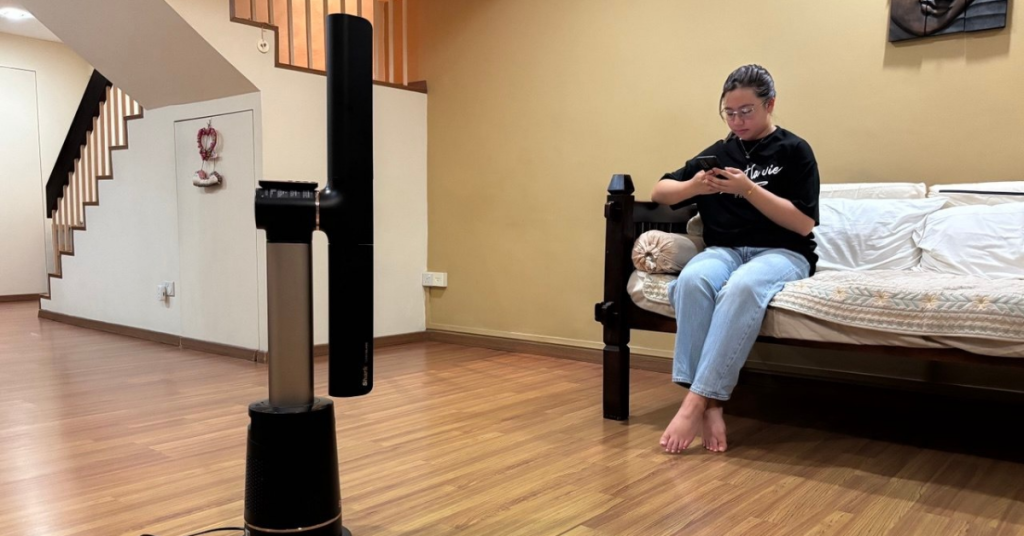efinancialcarrers.com recently posted a report titled “Salaries and Bonuses in Quant Finance: broken down by role, seniority & region.” On the surface, this does not make for good reading if you intend to start a quantitative finance career in Singapore, with lower salary figures for Asia, but I did my research, and it turns out that the opposite is true!
Quantitative Finance is fast becoming one of the essential jobs in Singapore as we transition into a global financial hub. With Singapore attracting more family offices and wealth management firms, the need for qualified ‘Quant’ professionals has intensified, and they are amongst the highest-paid professionals in the finance sector.
| Position | Base Pay Lower Limit (US$) | Base Pay Upper Limit Limit (US$) | Total Compensation Lower Limit (US$) | Total Compensation Upper Limit (US$) |
| NORTH AMERICA | ||||
| Risk Analyst (Associate) | $80,000 | $100,000 | $90,000 | $110,000 |
| Quant Researcher (Associate) | $150,000 | $175,000 | $250,000 | $325,000 |
| Quant Developer (Associate) | $150,000 | $200,000 | $200,000 | $250,000 |
| EUROPE | ||||
| Risk Analyst (Associate) | $75,000 | $90,000 | $80,000 | $100,000 |
| Quant Researcher (Associate) | $125,000 | $150,000 | $200,000 | $300,000 |
| Quant Developer (Associate) | $100,000 | $125,000 | $120,000 | $150,000 |
| ASIA | ||||
| Risk Analyst (Associate) | $45,000 | $60,000 | $50,000 | $65,000 |
| Quant Researcher (Associate) | $95,000 | $125,000 | $165,000 | $185,000 |
| Quant Developer (Associate) | $70,000 | $100,000 | $80,000 | $120,000 |
Focusing on three entry-level/junior positions, the numbers indicate a pay disparity for the highly converted Quantitative Researcher (Associate) position in Asia, who will get 63 percent of the Base Pay (lower limit) of their North American counterparts and 76 percent of the Base Pay (lower limit) of their European counterparts.
According to the Total Compensation Upper Limit Column, an Asian-based Quantitative Researcher (Associate) may receive up to US$185,000 a year, 56 percent of their North American counterparts and 61 percent of their European counterparts.
This seems to justify the reasons why Singapore undergraduates interested in Quantitative Finance prefer to study in overseas universities. Mr Jonathan Lim, whom the Straits Times reported in February 2024 was heading to University College London to study Mathematics, felt that moving to London, one of the world’s financial capitals would make it easier for him to have a career in quantitative finance.
“In the quantitative finance field that I am interested in, London is one of the best places in the world to chalk up some work experience.”
Jonathan Lim
This seems an Interesting choice, as in the 2024 U.S. News Global University Rankings, the University College of London is the #7 Best Global Universities but ranks #39 in Computer Science and #64 in Mathematics. In contrast, the Nanyang Technology University (NTU) ranks #2 in Computer Science globally, while the National University of Singapore (NUS) ranks #3 in Computer Science and #43 in Mathematics.
Are these salary figures accurate in Singapore?
The report grouped Asia into a region, which means it could include jobs listed in Singapore, Dubai, South Korea, and Thailand, but do we have any Singapore-specific data?
I first checked Morgan Mckinley for its Singapore Salary guide for quant salaries and found these figures:
- S$160,000 (US$120,000) for 5-10 years of work experience.
- S$250,000 (US$186,418) for 10-15 years of work experience.
- S$350,000 (US$260,985) more than 15 years of work experience.
- Estimated average S$250,000 (US$186,418)
These figures align with eFinancalcareers, so I checked two job listing sites.
Indeed has the salary averages for two positions:
- Quantitative developer salary: S$118,174 (US$88,066) from 15 salaries reported.
- Quantitative analyst salary: S$129,014 (US$96,145) from 172 salaries reported.
Finally, we searched MyCareersFuture for fresh/entry-level positions and found 9 listings (at the time of this article) for positions starting at S$6,000 and S$8,000 per month, with the upper limit for a Junior Quantitative Researcher quoted at S$15,000/month (Master’s/PHD required), which is equivalent to US$134,141 per annum.
So yes, the eFinancalcarreers figures are accurate.
So why is there a pay disparity?
The simplest answer is different personal income tax rates and cost of living. Singaporeans pay a progressive income tax that is low compared to other countries.
I ran a comparison of estimated Income Tax using online tax calculators and a similar starting amount of US$100,000 (S$134,099). Note that I am assuming that Singaporeans working overseas will obtain Permanent Residency status, as this makes it simpler to calculate.
- An American Permanent Resident working in New York earning US$100,000 will take home US$80,526 after tax.
- A British Permanent Resident working in London earning US$100,000 (£ 76,905) would take home £68,561 (US$89,149) after tax.
A Singaporean earning US$100,000 (S$134,089) would take home US$92,494 (S$124,026) after tax.
Singapore has the highest take-home pay after tax for a US$100,000 equivalent salary. After-tax, someone in Singapore would take home US$92,494 compared to US$80,526 in New York and US$89,149 in London.
Finally, there are numerous other variables that you have to consider when moving overseas for a job, with living costs the biggest factor. For Quantitative Finance positions, we can assume that Singaporeans will seek to move to financial hubs, such as Zurich, New York, and London, which have high costs of living for expatriates. New York also has an 8.875 percent Sales and Use tax, while the UK has a 20 percent Value-added Tax (VAT).
Feature image: Shutterstock
Also read: Singapore Salary Guide 2024: Why Banking & Finance Careers Remain Hot










